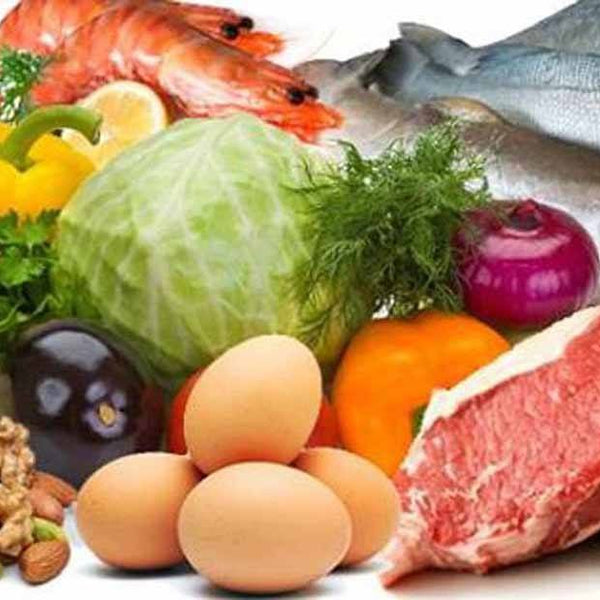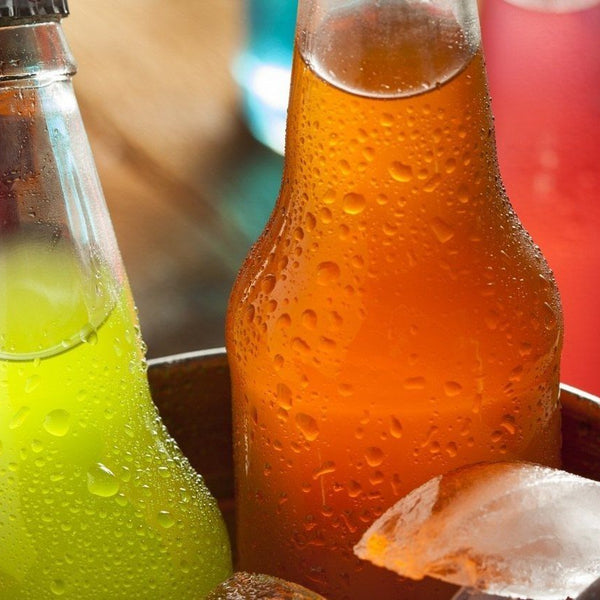
Different types of sugar
What are the different types of sugar?
The term “sugar” usually refers to a group of carbohydrates known as “saccharides” (which originates from the Latin word “saccharum”). Sugars are sweet-tasting, crystalline carbohydrates found naturally in most plants and some animal products. But what are the different types of sugar?
Simple sugars
Such as glucose and fructose are monosaccharides (“mono” meaning one). Simple sugars can form a chain of two to make disaccharides (“di” meaning two) such as sucrose and lactose. Sucrose is also commonly known as “table sugar”.
Natural sugars
Are those that occur naturally in fruits, vegetables, cereals and some animal products. Fructose is found in fruits such as apples, oranges and bananas. Some fruits have a lower sugar content than others e.g. berries. Lactose also occurs naturally in milk and milk products.
Sucrose, which is composed of one glucose unit chained to one fructose unit, also occurs naturally in plants such as sugar beets and sugarcane. However, most sucrose in commercially available foods will be refined sugar. Refined sugar can take many names but it is usually sucrose, glucose or fructose or, combinations of these three.
Refining of sugar by industry involves extracting sugar from sources such as sugarcane and corn starch. Added sugars are often refined sugars added to foods such as beverages, sauces, yoghurts and ice cream during processing.
Sugar performs a number of roles in food and the different types of sugar effect this.
It gives food a sweet taste and may preserve by slowing the growth of yeast and mould. In baked goods, sugar holds moisture to avoid the staleness which occurs when foods dry out. Sugar is also used in bread-making to promote yeast growth and the fermentation that makes bread rise. In frozen foods such as ice cream, sugar can prevent large water crystals (ice) forming.
During human digestion, most sugars are broken down into or otherwise converted to glucose which quickly fuels muscles, the brain and other organs. The liver stores glucose (as glycogen) so that it has a reserve for times of high need. But it is also worth noting that the human body can use other nutrients to fuel its needs e.g. either dietary or stored fat.
When glucose is not immediately available, the brain can use ketones to function. The body can also make glucose from other nutrients by a process called gluconeogenesis so eating a source of glucose is not essential to human survival.
All sugars deliver 16.7 kJ or 4 kcal of energy per gram of sugar absorbed into the human bloodstream from the gut. However, the different types of sugar are digested and absorbed into the blood at the same rate. For example, glucose more quickly raises blood sugar levels than lactose. This rate of rise is known as the Glycaemic Index and we plan to discuss this further in a future post.
In Australia and New Zealand, you can check the ingredients list of food labels for possible sources of both natural e.g. dried fruit and added sugar e.g. rice malt syrup. Note, added sugar can be named in various ways other than “sugar” (Choice.com.au has a great article on all the different names for sugar).
You can also check the sugar content of commercially packed foods by looking at the Nutrition Information Panel. Total sugar (in grams) is shown per 100g and per recommended serve size of the food, noting that total sugar is both natural sugar e.g. from any fruit in the product plus added sugar.
You can head back to our main page of the sugar series here


